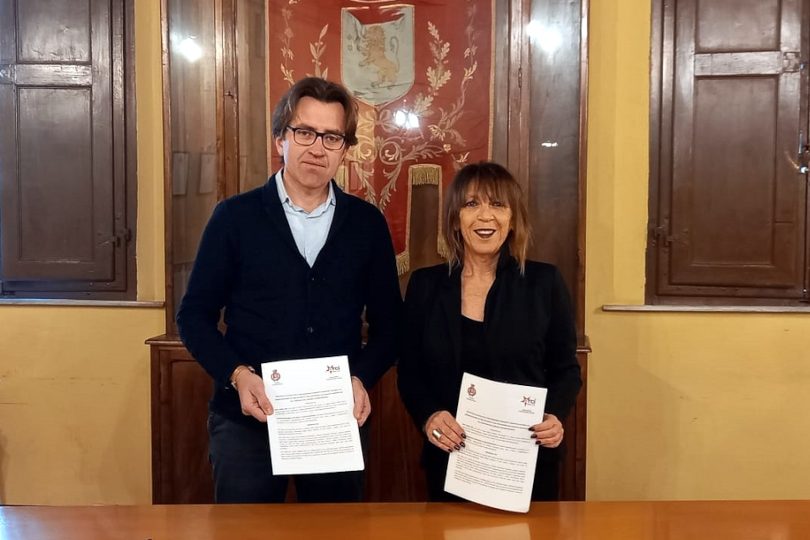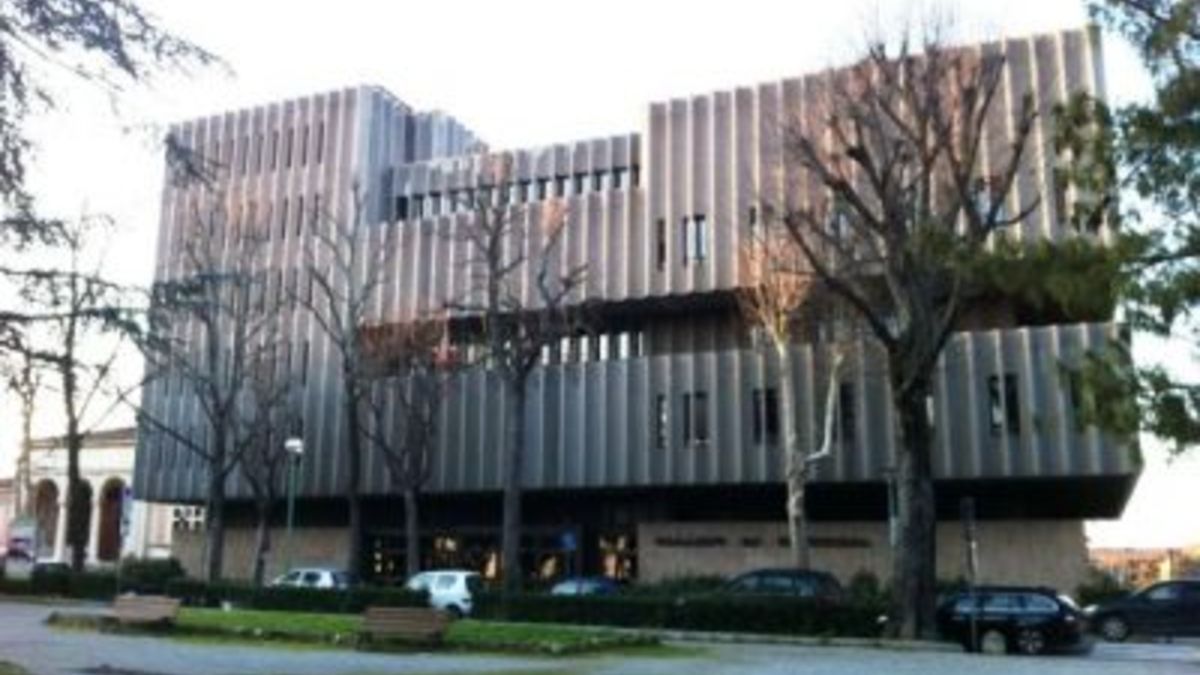Mps, it couldn’t have been worse: Montepaschi Siena on the verge of bankruptcy. Whose fault is it? | Milena Gabanelli
In Siena they said it immediately: Antonveneta will be the beginning of the end. What happened to Mps. then that the bank begins to shake, when in November 2007 the president Giuseppe Mussari – criminal lawyer appointed in 2006 by the MPS Foundation – makes an agreement with Santander to buy Antonveneta for 9 billion. A take or let offer that the rampant lawyer-politician accepts, even if double its value. Bankitalia lets the market do it and authorizes the operation. Monte does not have the money it needs, because it is indebted for 3 billion and is asking its shareholders for an initial capital increase of 5 billion.
Debts and financial crisis
The hoped-for fruits will not come. A few months later Lehman Brothers goes bankrupt, banks all over the world find themselves without liquidity and the States must intervene. The first loan from the Treasury arrives in Siena in 2009: 1.9 billion Tremonti bonds, named after the minister of the time. In July 2011, MPS tried to repay them with a second capital increase of 2.1 billion. Met puts them on the MPS Foundation led by Gabriello Mancini – a local exponent of the then Margherita party – who gets into debt and stakes all his money on the bank. But the bad time. The sovereign debt spread crisis explodes; MPS is in crisis of billions of BTPs and when in October the European Banking Authority starts the stress test on government bonds the bank is overwhelmed, and that money from the capital increase is in hand. Indeed, he needs an emergency loan from the Bank of Italy in November 2011.

On the mountain the shadows fall
In Siena the first head falls: the general manager Antonio Vigni leaves, Fabrizio Viola arrives in his place, chosen by the MPS Foundation (expression of local political power and in turn controls the bank), who at that time was still the first shareholder. Mussari will remain president until the deadline of April 2012. Alessandro Profumo will take his place. Instead, to reconfirm the Catanzaro lawyer as president of the ABI, the statute was even changed. In January 2013, the Alexandria and Santorini derivatives scandal broke out, with the foreign banks Nomura and Deutsche Bank. A financial engineering operation already known to the Bank of Italy for some time, and which still drags on in the courtrooms. The immediate effect: it casts a dark shadow over Rocca Salimbeni and the fear that customers may withdraw money from their accounts. The bank resists, but in June 2013 it needs the state again. 3.9 billion Monti Bonds arrive: with a new capital gain of 5 billion. In the meantime, however, European rules on bank bailouts have come into force and MPS becomes under special surveillance.

One in three customers does not pay their debts
At the end of 2014, supervision of European banks passed to the ECB, but before taking them on board, it looked at them all from within. The analyzes show that Siena is missing 2.1 billion, because too many customers do not repay the loans. A fourth capital increase is needed and in 2015 the bank calls it for 3 billion. Meanwhile, he bites her and the customers improve on the competition. In 2016, a second ECB stress test arrives which focuses on non-performing loans (Npl): there are 45 billion, in practice one in three customers does not repay the loans. The ECB calls for radical cleansing. Mps sells them for a nominal 26 billion to the Atlante fund, the losses are enormous and the bank is screwing up.

The bailout of the state
In September of the same year, the Renzi government – which in the meantime became the first shareholder thanks to 4.5% of Mps received a payment of interest on the Monti bonds – replaced the CEO Viola with Marco Morelli. President Massimo Tononi, who took office in 2015 after the resignation of Profumo, is also leaving: in his place comes a private partner, Alessandro Falciai. In order not to fail, Mps needs a new capital increase of 5 billion, but this time no one is putting them there. In July 2017, the public bailout was launched with Padoan as Treasury Minister and the ok for Europe. To fill the 8.1 billion hole, 2.7 billion subordinated bonds are converted into shares, while the state pulls out 5.4 billion, thus becoming the largest shareholder. From then on, the Treasury chooses the top management. In 2020 the Conte 2 government replaces Morelli with a banker close to the grillini, Guido Bastianini; president Patrizia Grieco. But the non-performing loans confirmed to weigh and, at the end of 2020, to keep the bank on its feet, the State takes 8.1 billion into its home, placing them in the public bad bank Amco.

The impossible negotiation
But the pacts with Brussels are clear: the state must exit by privatizing the institute by 2021. At the end of July of this year, new ECB stress test: Siena needs another 2.5 billion. The state cannot put them while still keeping the bank, you have to find a buyer. Only Unicredit sits at the table with the government, where we find ex minister Pier Carlo Padoan as president and Andrea Orcel as CEO, or the banker who 14 years earlier, as head of Merrill Lynch, had brokered the sale of Antonveneta at a fatal price for Mps. They are the ones who dictate the conditions: the State must make 6.3 billion in capital increases, 2.2 billion in tax benefits, sell non-performing loans and support Unicredit from legal risks. And then staff cuts: 7,000 redundancies out of 21,000 employees. In 2007 there were 34,000. Not only that: for the good part of MPS to buy Orcel offers 1.2 billion but the Treasury is asking for between 3.6 and 4.8 billion. There is no agreement and the negotiation ends at the end of October.

What happens now?
Now the state is forced to sit down at two tables: with the EU and with the ECB. In Brussels it must ask for more time to privatize; we need to see how much the DG Competition (Margrethe Vestager) will grant and what it will want in return to further tolerate state aid to Monte dei Paschi. Costs need to be announced, which means staff cuts. Last year the CEO Guido Bastianini had announced 2,700, then not carried out. They would have paid in electoral terms for Enrico Letta. Instead, in Frankfurt it will have to negotiate the capital increase, which is necessary to stand up. The Treasury will be able to obtain other public money only if private investors do so as well. That will be found. And a buyer for Mps will also be found.

How much the state and the market have lost
Today the shareholding in the hands of the state is worth around 650 million. The potential loss therefore of 4.8 billion. Added to the 15 billion of private individuals burned in the capital increases and the 2.7 billion of pulverized securities, a total cost of MPS of about 22 billion can be obtained. And others will need it. Who is to blame for this endless agony? The senseless purchase of Antonveneta, the collapse of Lehman, the spread crisis, the new European rules and those 26 billion in credit losses accumulated between 2006 and 2016, including the recession that has brought companies to their knees and no longer in able to repay debts, but also to loans often granted without adequate guarantees and loans to entrepreneurs who are friends of the politicians of reference. Mps historically a bank in the hands of the Sienese PD, but the habit of ringing at its door was shared with Forza Italia.
Today the shareholding in the hands of the state is worth around 650 million. The potential loss therefore of 4.8 billion. Added to the 15 billion of private individuals burned in the capital increases and the 2.7 billion of pulverized securities, a total cost of MPS of about 22 billion can be obtained.
Covid has also contributed to aggravating matters, though with the exit from the pandemic, the Institute appears to be recovering today: in nine months it made profits of 388 million euros. All the banks have been in trouble over the past twelve years, but it is clear that in Siena the bankers who have alternated have not been able to modernize the bank and even less to tackle the problem of problems: non-performing loans. In Siena everything went wrong; to quote a joke that goes around among business bankers, they scored zero at the Totocalcio. Difficult to do 13. But not impossible.
November 8, 2021 | 07:29
© REPRODUCTION RESERVED




